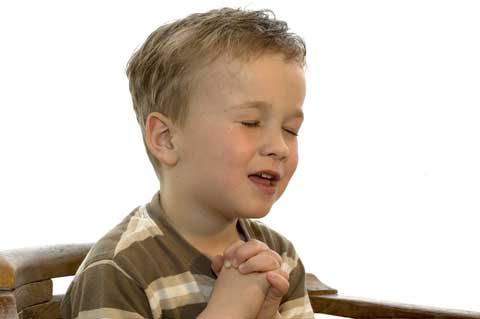Sticky Faith?
/I saw the sadness in their eyes.
I was speaking at a church last Sunday on the subject of “Passing on the Faith.” Since they had spent four Sundays on “Family Matters” based in Deuteronomy 6—the pivotal passage on parenting in the Bible—I chose as our follow-up text a few verses from Psalm 78:3-7:
“We will tell the next generation the praiseworthy deeds of the Lord, His power, and the wonders He has done. . . so the next generation would know them, even the children yet to be born, and they in turn would tell their children. Then they would put their trust in God.”
I love the multi-generational hope extended here. I love the pattern for passing it on.
But still, I saw the sadness in some eyes out in that congregation. Many pairs of eyes, actually. And I know where it came from. It came from struggling hearts, grieving hearts. Hearts of parents and grandparents, aunts and uncles, teachers and pastors and friends. Hearts that had held out great hope for the children in their lives. Hearts that had wanted very badly to “pass it on.” But they were watching kids—teens and young adults and even not-so-young adults—make some very disappointing choices, not showing much external evidence, if any, of a life of faith.
Recently I’ve been reading Sticky Faith, an excellent book by Kara Powell and Chap Clark on how we can build a lasting faith in our kids. It’s a great book, based on extensive research as to what makes faith “stick.” It’s also full of helpful suggestions and powerful strategies for parents, churches, and anyone working with kids today. I highly recommend it.
But still, the question lingers, and I see those sad eyes. Why, Oh God, do I know so many parents who have truly poured themselves out to passing on the faith—and still their kids are wandering? Or running? Yes, praise God, I also know many kids who grew up in “sticky faith” homes and churches who are shining examples of faith passed on. It’s just those others that I can’t get off my mind—and never from my prayers.
It’s that dangerous gift of free will that God gave us, isn’t it? Our kids grow up to make their own decisions. And they have to find, eventually, their own faith, and establish their own walk with Jesus.
Does this mean that there’s no point in giving our all to raising “sticky faith” kids who we pray will love Jesus above all else? Of course not. It’s our calling as parents. It simply means we never forget our highest parental call: to pray for our kids—first, last, and always.
It also means we never forget Who ultimately sticks with our kids, pursuing them, pursuing them, pursuing them always with His infinite love and powerful grace.
It’s why I looked out over that congregation on Sunday and reminded them of what they already know: God is not finished yet—with them or with us. And what did Paul say in Philippians 1:6? We can be confident that God finishes what He starts.
So we get out our knee pads and stick with our prayers for our kids, knowing Who ultimately sticks with us.


